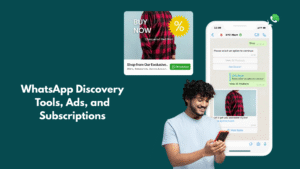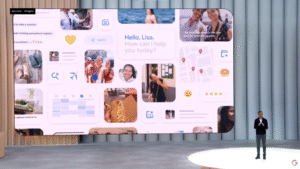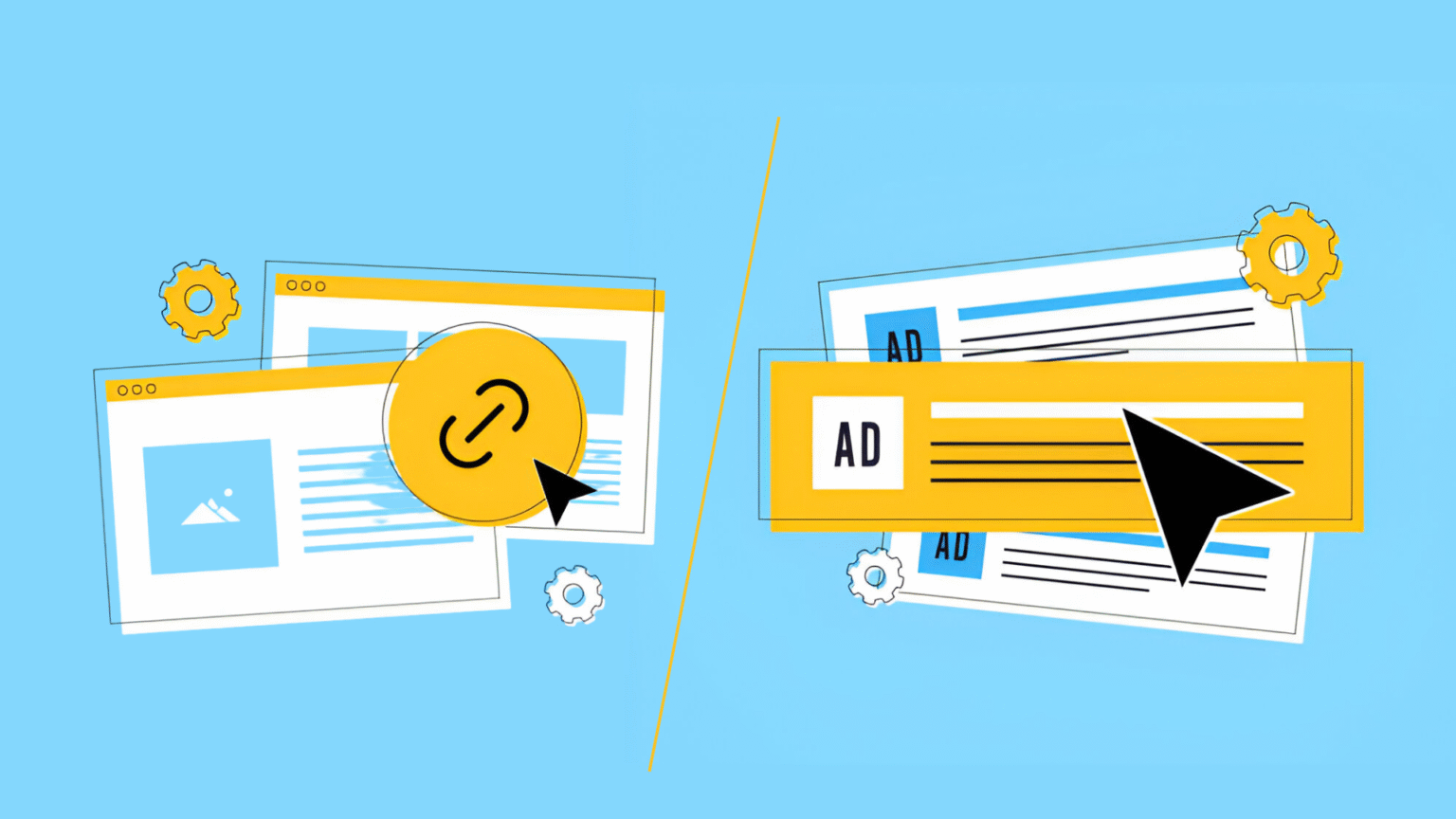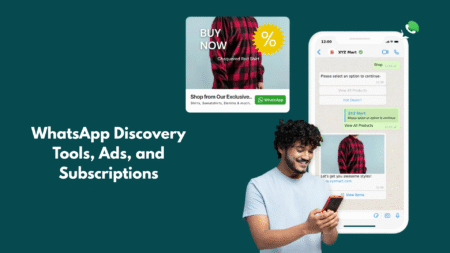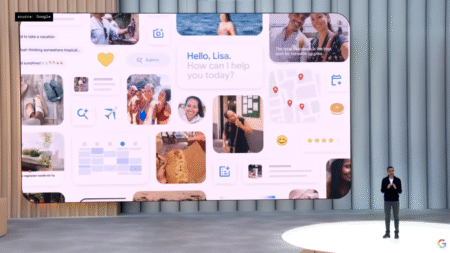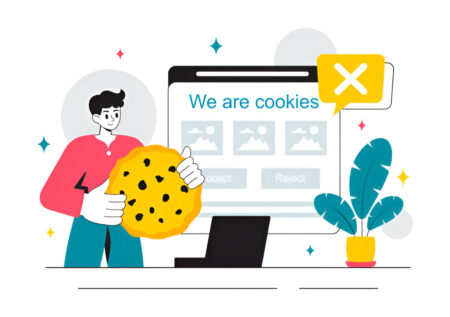In today’s digital world, two pillars dominate the path to online visibility: SEO (Search Engine Optimization) and PPC (Pay-Per-Click Advertising). Both are essential for businesses aiming to grow, attract new customers, and build brand authority.
Understanding the difference between SEO and PPC is crucial for making smart marketing decisions that align with your goals, budget, and timeline.
With Google’s search landscape evolving—thanks to AI Overviews, featured snippets, and a focus on Experience, Expertise, Authoritativeness, and Trustworthiness (EEAT)—blended strategies are more important than ever.
Businesses that combine SEO and PPC can maximize their reach, adapt to market changes, and stay ahead of competitors.
What is SEO? (Search Engine Optimization)
SEO is the process of optimizing your website and content to rank higher in organic (unpaid) search results. The goal is to attract relevant visitors by meeting their search intent and providing valuable information.
How SEO Works
Content Quality: Creating in-depth, helpful, and original articles, guides, and resources.
Technical SEO: Ensuring your site loads quickly, is mobile-friendly, and is easy for search engines to crawl.
Backlinks: Earning links from authoritative websites to boost your site’s credibility.
User Experience: Making your website easy to navigate, visually appealing, and accessible.
The Role of EEAT in SEO
Google’s latest updates emphasize Experience, Expertise, Authoritativeness, and Trustworthiness. Demonstrating these qualities in your content—through expert authorship, citing reputable sources, and providing real-world insights—can improve your rankings and build user trust.
Impact of Organic Search
Organic search drives over half of all website traffic and offers long-term, sustainable growth. High-ranking organic results are often perceived as more credible and trustworthy by users.
Lorem ipsum dolor sit amet, consectetur adipiscing elit. Ut elit tellus, luctus nec ullamcorper mattis, pulvinar dapibus leo.
What is PPC? (Pay-Per-Click Advertising)
PPC is a digital advertising model where you pay each time someone clicks on your ad. These ads appear at the top of search results, marked as “sponsored” or “ad,” and can deliver instant visibility.
How PPC Works
Ad Platforms: Google Ads, Bing Ads, and social media platforms.
Bidding: You set a maximum bid for each keyword; higher bids and better quality ads win better placements.
Targeting: Choose who sees your ads based on demographics, location, device, and more.
Ad Formats: Text ads, shopping ads, display banners, and video ads.
Advantages of PPC
Instant Results: Launch a campaign and start receiving traffic immediately.
Full Control: Adjust budgets, bids, and targeting in real time.
Data Insights: Access detailed analytics to optimize performance.

